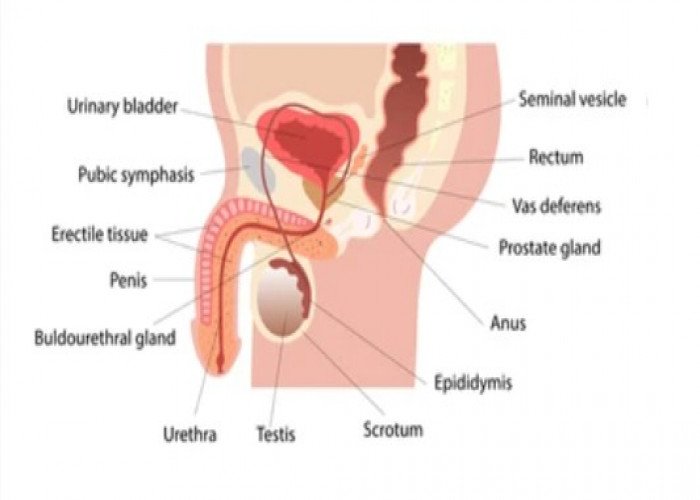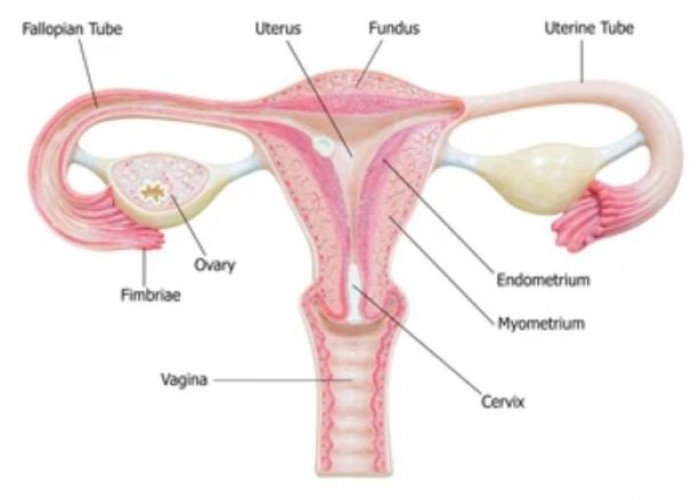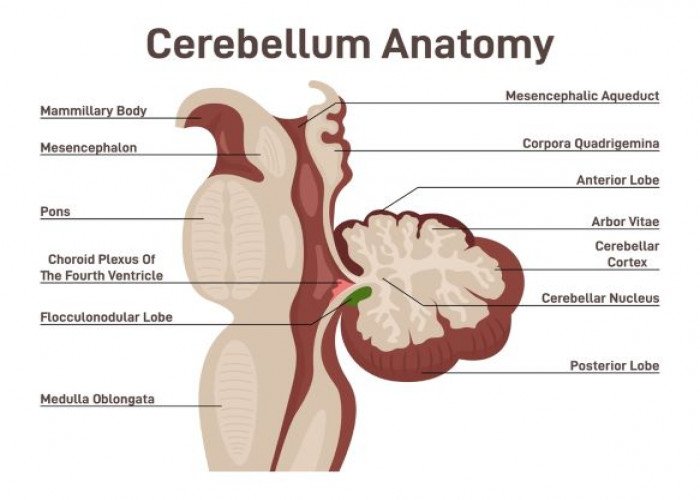 Welcome
Welcome
“May all be happy, may all be healed, may all be at peace and may no one ever suffer."
- A
- B
- C
- D
- E
- F
- G
- H
- I
- J
- K
- L
- M
- N
- O
- P
- Q
- R
- S
- T
- U
- V
- W
- X
- Y
- Z
Mesentery - Diseases
The mesentery is a fold of membrane that attaches the intestines to the back of the abdominal wall. It is a double layer of peritoneum, the thin tissue that lines the abdominal cavity and covers most of the organs in the abdomen. The mesentery is important for holding the intestines in place and providing them with blood vessels, nerves, and lymphatic vessels.
The mesentery also plays an important role in the digestive system. It helps to anchor the intestines in place and allows for the movement of food through the intestines. It also contains lymphoid tissue, which plays a role in the immune system and helps to protect the body against infection.
In recent years, the mesentery has gained increased attention and recognition as an organ in its own right, rather than just a supporting structure. This recognition has led to a greater understanding of its function and potential impact on health and disease.

Leg

Head

Penis

Fallopian tubes

Cochlea Inner ear

Appendix
Subcutaneous tissue

Cerebellum
Mesentery, Mesentery meaning, Mesentery function, মেসেন্টারি
To be happy, beautiful, healthy, wealthy, hale and long-lived stay with DM3S.